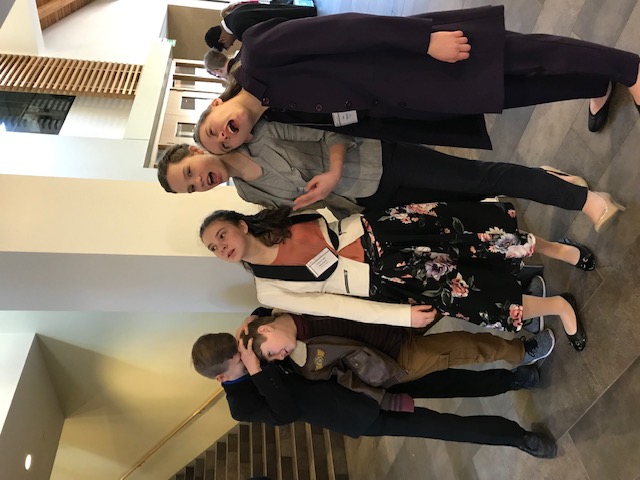
Sometimes, competitors are disappointed when they learn that the After Dinner category isn’t exactly the same thing as a stand up comedy routine. ADS is more than just a string of jokes, not in the least because most speech and debate leagues have a section on their ADS ballots for something like “merit,” “message,” or “impact.” Competitors often chafe at the fact that they’re being restricted in this way. After all, the only reason anyone wants to compete in ADS is because they want to be FUNNY! Leave the serious stuff for the persuasives! Right? These aren’t just empty complaints either – I’ve talked to many competitors who feel strongly that shoehorning a message into a speech where it doesn’t belong is little more than judge pandering.
Continue reading “It’s Not All Fun and Games When You’re Writing an ADS by: Katie Kellam”
